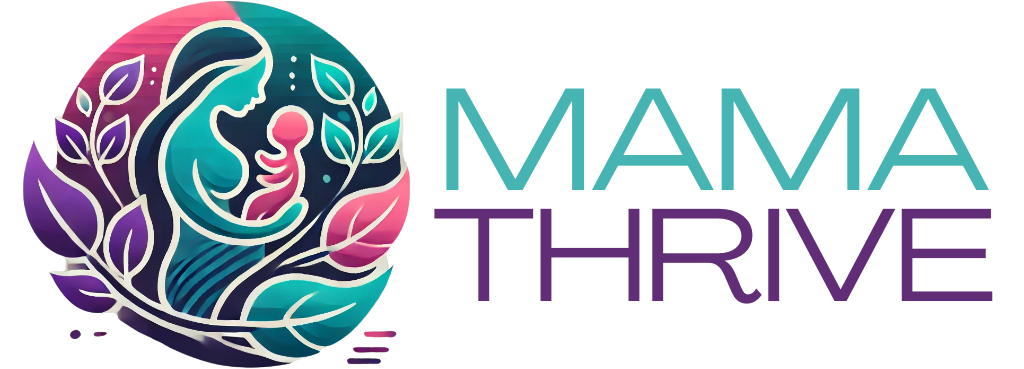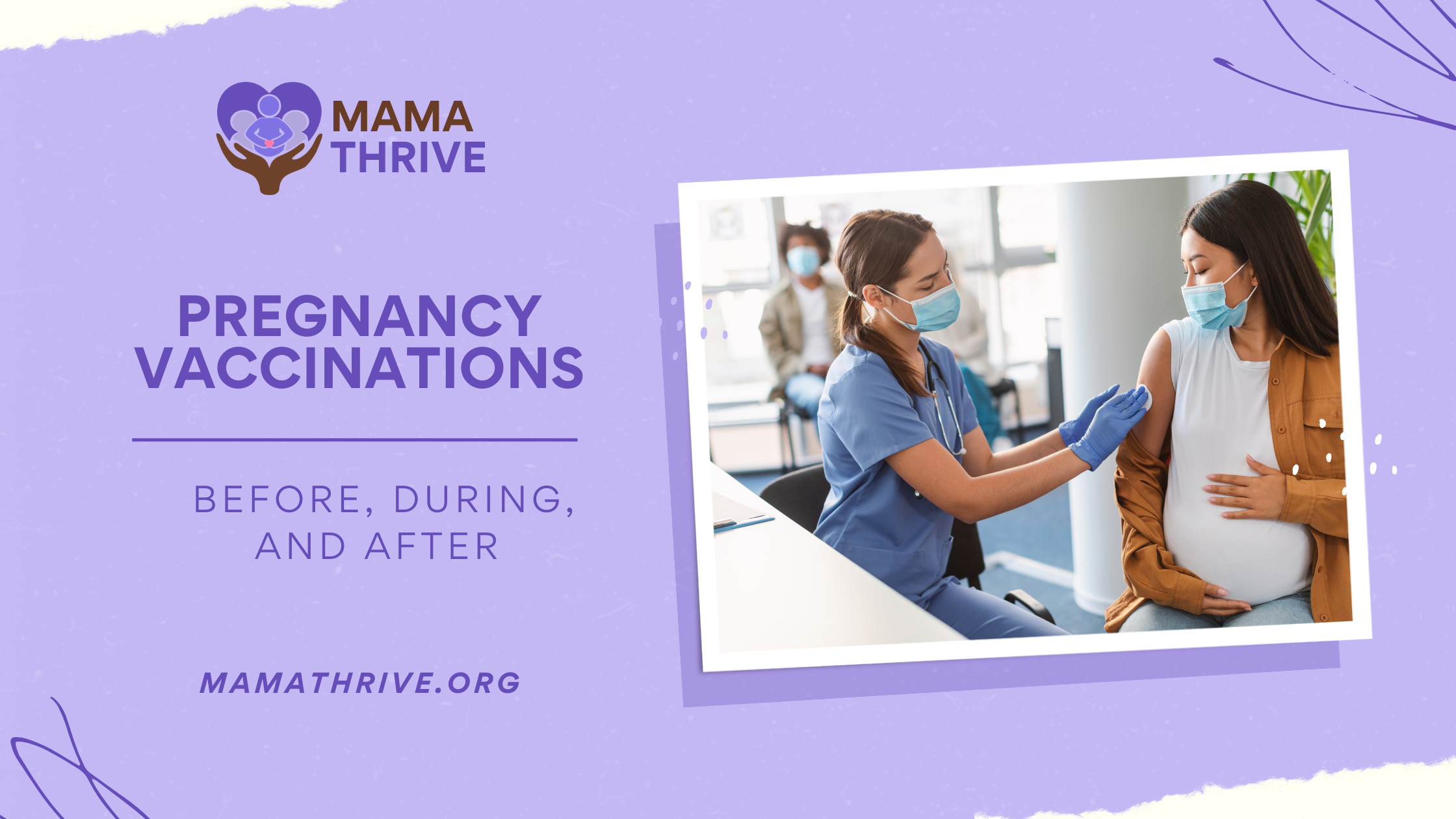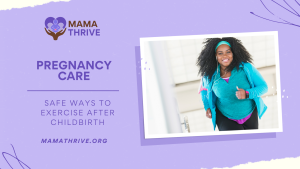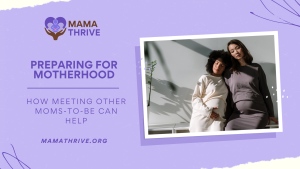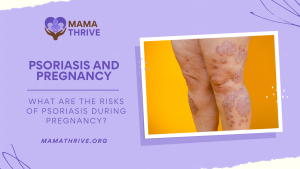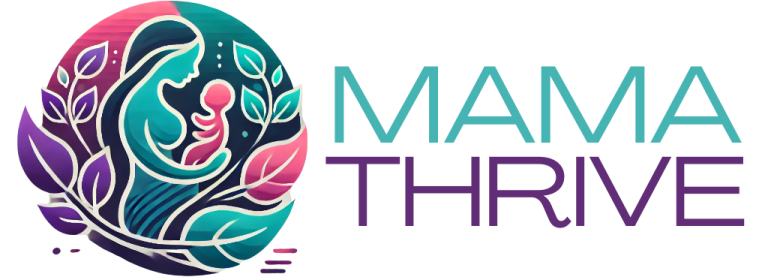About 7 in 10 deaths from whooping cough occur in babies younger than 2 months old. This startling statistic underscores the vital importance of vaccination for expectant mothers and their newborns. By getting pregnancy vaccinations before, during, and after, women can safeguard their own health and pass on crucial antibodies to their infants, protecting them from life-threatening diseases.
Vaccines are an essential part of prenatal care, ensuring both the mother and baby stay healthy. Timing the vaccines properly is key, with the Centers for Disease Control and Prevention (CDC) recommending the Tdap vaccine during the 27th to 36th week of each pregnancy and the yearly flu shot either before or during pregnancy. Understanding the vaccination recommendations and discussing any concerns with a healthcare provider are crucial steps for a healthy pregnancy.
Key Takeaways
- Vaccination is crucial for protecting expecting mothers and their babies from serious diseases like whooping cough, flu, and COVID-19.
- The CDC recommends getting the Tdap vaccine during the 27th to 36th week of each pregnancy and the yearly flu shot either before or during pregnancy.
- Discussing vaccination concerns with a healthcare provider is an important step for a healthy pregnancy.
- Vaccination can help pass on crucial antibodies from the mother to the baby, providing early protection.
- Timing the vaccines properly is key to ensuring the best possible outcomes for both the mother and child.
The Importance of Vaccinations for Expecting Mothers
During pregnancy, a woman’s body undergoes significant changes, making her more susceptible to certain illnesses. Vaccines are crucial for expecting mothers, as they help protect both the woman and her unborn baby from potentially serious diseases. By getting vaccinated, pregnant individuals can reduce their risk of pregnancy complications and pass on antibodies to their newborns, providing them with some early protection before they can receive their own vaccines.
The importance of vaccinations during pregnancy cannot be overstated. Pregnant women are more susceptible to severe illness from certain diseases, such as the flu and COVID-19, due to changes in their immune, heart, and lung functions. The benefits of vaccinations for pregnant women include reduced risk of complications, which can have a lasting impact on the health of both the mother and child.
The pregnancy vaccination recommendations from CDC and leading medical organizations include the following:
- Tdap vaccine to prevent whooping cough, recommended between 27 and 36 weeks of gestation
- Yearly flu shot, recommended regardless of the stage of pregnancy
- COVID-19 vaccine, recommended for all pregnant individuals
- RSV vaccine, recommended between 32 and 36 weeks of pregnancy during the fall and winter months
Source: Get the Whooping Cough Vaccine During Each Pregnancy | CDC
Vaccination during pregnancy is a safe and effective way to safeguard the health of both the mother and child. It’s important for pregnant individuals to discuss their vaccination needs with their healthcare providers to ensure they receive the recommended vaccines at the appropriate times.
Recommended Vaccinations Before Pregnancy
If you’re planning a pregnancy, ensuring your vaccinations are up-to-date is crucial. Several vaccines that should be received before conception, including the flu shot, HPV vaccine, MMR (measles, mumps, rubella) vaccine, and varicella (chickenpox) vaccine. Getting these vaccines prior to pregnancy helps protect both the expectant mother and her unborn baby, as live virus vaccines are generally not recommended during pregnancy.
For the MMR and varicella vaccines, it’s essential to wait at least 4 weeks after receiving the shot before attempting to become pregnant. Discussing your vaccination history with your healthcare provider and obtaining any necessary boosters or catch-up doses before pregnancy can help ensure a healthy start for you and your baby.
- Flu shot: The flu vaccine is recommended yearly, and it’s best to get the shot before the end of October to ensure protection during peak flu season.
- HPV vaccine: The HPV vaccine is recommended for individuals through age 26. Those aged 27 through 45 should consult with their healthcare provider about vaccination.
- MMR vaccine: The measles, mumps, and rubella (MMR) vaccine is crucial before conception to minimize the risk of birth defects. It’s important to wait at least 4 weeks after receiving the vaccine before trying to become pregnant.
- Varicella vaccine: The varicella (chickenpox) vaccine is essential before pregnancy to prevent potential complications during gestation. Like the MMR vaccine, it’s recommended to wait at least 4 weeks after receiving the varicella vaccine before attempting to conceive.
Read more on pregnancy vaccines.
By ensuring your vaccinations are up-to-date before pregnancy, you can help protect both yourself and your unborn baby from serious infections and complications. Discussing your vaccination history with your healthcare provider is a crucial step in preparing for a healthy pregnancy.
Pregnancy Vaccinations
During pregnancy, two key vaccinations to protect both the expecting mother and the developing baby are recommended: the Tdap vaccine and the annual flu shot.
The Tdap vaccine, which safeguards against tetanus, diphtheria, and pertussis (whooping cough), should be administered between 27 and 36 weeks of each pregnancy, with the earlier part of this timeframe being preferable. This ensures that the newborn receives a boost of antibodies to help protect them in the first few crucial months of life, when they are most vulnerable to the dangers of pertussis.
The yearly flu shot is also strongly recommended, either before or during pregnancy, to safeguard the expecting mother and their unborn child from the potential complications of influenza. Pregnant women are more likely to experience severe flu-related illness and require hospitalization compared to non-pregnant individuals.
In certain high-risk situations, healthcare providers may also suggest additional vaccinations, such as those for hepatitis A and B, meningitis, or pneumonia, to further protect the pregnant individual and their child. These recommendations are made on a case-by-case basis, taking into account the specific needs and circumstances of the expectant mother.
| Vaccine | Recommendation | Importance |
|---|---|---|
| Tdap | Between 27 and 36 weeks of each pregnancy | Protects newborn from pertussis (whooping cough) in the first few months of life |
| Flu Shot | Yearly, either before or during pregnancy | Safeguards expecting mother and baby from influenza complications |
| Hepatitis A and B, Meningitis, Pneumonia | As recommended by healthcare provider based on individual risk factors | Provides additional protection for pregnant individuals and their children in high-risk situations |
Maintaining up-to-date vaccinations during pregnancy is crucial for the health and well-being of both the expectant mother and their unborn child. By following the CDC’s guidance and discussing any additional vaccination needs with their healthcare provider, pregnant individuals can take proactive steps to safeguard themselves and their families.
Vaccines for High-Risk Situations
Pregnancy can increase the risk of certain illnesses, and in some cases, pregnant women may require additional vaccinations. If you’re planning international travel, your healthcare provider may recommend vaccines against diseases like anthrax, Japanese encephalitis, polio, rabies, typhoid, or yellow fever, depending on your destination and potential exposure.
Pregnant individuals with chronic medical conditions, such as liver disease, may also need vaccines like hepatitis A or B. It’s crucial to discuss your specific risk factors and vaccination needs with your healthcare provider, as the benefits and safety of each vaccine must be carefully evaluated during pregnancy.
- Hepatitis A: Considered low risk during pregnancy, vaccination recommended for high-risk pregnant women.
- Human Papillomavirus (HPV): Not recommended during pregnancy; vaccination series should be delayed until after pregnancy if initiated.
- Influenza (Inactivated): Pregnant women are at higher risk; vaccination can be administered at any time during pregnancy.
- Measles, Mumps, Rubella (MMR): Not recommended during pregnancy; women advised against becoming pregnant for 28 days post-vaccination.
- Meningococcal (MenACWY or MPSV4): Pregnancy does not preclude vaccination if indicated, with requests to report experiences during pregnancy for registries.
- Tetanus, Diphtheria, and Pertussis (Tdap); & Tetanus and Diphtheria (Td): Tdap recommended during pregnancy, indicating optimal timing between 27 and 36 weeks gestation, with continuous monitoring of adverse events.
- Varicella: Unvaccinated pregnant women should avoid vaccination; pregnancy testing not needed before vaccination.
- Zoster: No ACIP recommendation for use during pregnancy; consideration for delay until after pregnancy.
It’s important to note that the COVID-19 vaccination is recommended for pregnant individuals due to the benefits outweighing potential risks. You can find more information on the CDC’s website.
Ultimately, discussing your specific risk factors and vaccination needs with your healthcare provider is crucial during pregnancy. They can help you make informed decisions to protect your and your baby’s health.
| Vaccine | Recommendation for Pregnant Women |
|---|---|
| COVID-19 | Recommended due to benefits outweighing potential risks |
| Hepatitis A | Considered low risk, recommended for high-risk pregnant women |
| HPV | Not recommended during pregnancy; vaccination series should be delayed until after pregnancy if initiated |
| Influenza (Inactivated) | Pregnant women are at higher risk; vaccination can be administered at any time during pregnancy |
| Measles, Mumps, Rubella (MMR) | Not recommended during pregnancy; women advised against becoming pregnant for 28 days post-vaccination |
| Meningococcal (MenACWY or MPSV4) | Pregnancy does not preclude vaccination if indicated, with requests to report experiences during pregnancy for registries |
| Tetanus, Diphtheria, and Pertussis (Tdap); & Tetanus and Diphtheria (Td) | Tdap recommended during pregnancy, indicating optimal timing between 27 and 36 weeks gestation, with continuous monitoring of adverse events |
| Varicella | Unvaccinated pregnant women should avoid vaccination; pregnancy testing not needed before vaccination |
| Zoster | No ACIP recommendation for use during pregnancy; consideration for delay until after pregnancy |
Postpartum Vaccinations
The journey of vaccinations doesn’t end once your baby is born. Healthcare providers may recommend that new mothers receive certain vaccines in the postpartum period, such as the MMR (measles, mumps, rubella) or varicella (chickenpox) vaccines, if they did not receive them before or during pregnancy. These vaccines can help protect you and allow you to pass on antibodies to your breastfed infant.
It’s important to note, however, that it takes approximately 2 weeks for your body to develop antibodies after vaccination, so your baby will not immediately receive the full protective benefits. Your baby will also begin their own vaccination schedule to safeguard against serious childhood diseases.
According to the American College of Obstetricians and Gynecologists, the following vaccines may be recommended for new mothers after giving birth:
- Tdap (tetanus, diphtheria, and pertussis) vaccine
- MMR (measles, mumps, rubella) vaccine
- Varicella (chickenpox) vaccine
- Influenza (flu) vaccine
By staying up-to-date on your vaccines to get after pregnancy, you can help protect yourself and your newborn from serious illnesses. It’s crucial to discuss your vaccination schedule after childbirth with your healthcare provider to ensure you and your baby are well-protected.
COVID-19 Vaccination for Pregnant and Breastfeeding Women
The COVID-19 vaccine is strongly recommended for pregnant and breastfeeding individuals, as they face an increased risk of severe illness from the virus. The authorized and recommended COVID-19 vaccines for these populations are the mRNA vaccines from Moderna and Pfizer-BioNTech, which do not contain any live virus.
While there is limited data on the safety of COVID-19 vaccines during pregnancy, the available information does not indicate any safety concerns for the pregnant individual or their baby. In fact, studies have shown that COVID-19 vaccines are safe and beneficial for pregnant and breastfeeding individuals, with the benefits outweighing potential risks or side effects.
Pregnant people are at an increased risk of having worse outcomes if they contract a respiratory disease such as COVID-19, flu, or RSV compared to the general population. Severe cases of COVID-19 while pregnant can lead to an increased risk of pregnancy complications, including preterm birth, cesarean delivery, preeclampsia, and postpartum hemorrhage. Individuals with additional health risk factors like being overweight, obese, having high blood pressure or diabetes, or being part of a minority group face more severe outcomes from COVID-19 during pregnancy.
COVID-19 vaccination during pregnancy can protect against severe illness, hospitalization, and death, reducing the risk of complications during and after pregnancy. Vaccination can also benefit the baby by providing antibodies against the virus causing COVID-19, with these antibodies possibly transferring through umbilical cord blood and breast milk.
Pregnant and breastfeeding women are encouraged to discuss the COVID-19 vaccine with their healthcare provider to make an informed decision that aligns with their personal preferences and circumstances. The University of Chicago Medicine, American College of Obstetricians and Gynecologists, and Healthy Children provide valuable resources and guidance on COVID-19 vaccination for pregnant and breastfeeding individuals.
In conclusion, the COVID-19 vaccine is a safe and effective way to protect pregnant and breastfeeding individuals, as well as their babies, from the potentially severe consequences of COVID-19 infection. By staying up-to-date with the recommended vaccinations, expectant and new mothers can ensure the best possible health outcomes for themselves and their families.
Conclusion
Vaccination is a crucial component of prenatal care in the United States, protecting both the expecting mother and her unborn child from potentially serious illnesses. By following the recommended vaccination schedule before, during, and after pregnancy, American women can safeguard their health and pass on antibodies to their newborns, providing them with early protection.
The CDC and leading medical organizations have clear guidelines on which vaccines are safe and recommended for pregnant individuals, including the Tdap, flu, and COVID-19 vaccines. Understanding the importance of these vaccinations and discussing any concerns with a healthcare provider can help ensure a healthy start for both the mother and baby.
Vaccination is essential for maintaining the well-being of expectant mothers and their infants in the United States. Adhering to the recommended pregnancy vaccination schedule and prioritizing your health can contribute to a safe and positive pregnancy experience.
